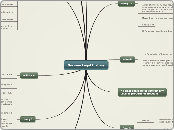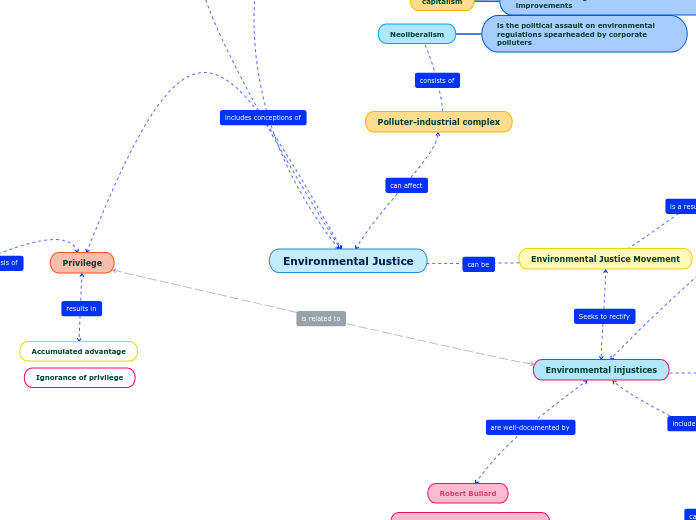por nick wells 13 anos atrás
359
Norman Legal History
The development of the legal system during the Norman period saw significant transformations, particularly in the administration of justice and property laws. The shire and hundred courts were central to resolving property claims and breaches of peace, respectively, while manorial courts held comprehensive jurisdiction over their domains.









